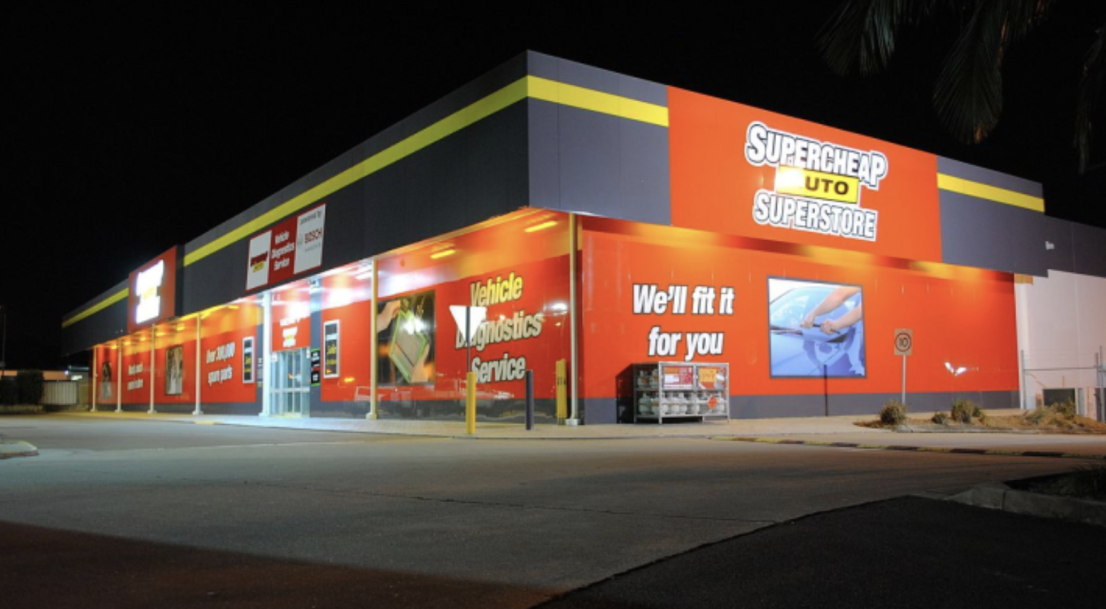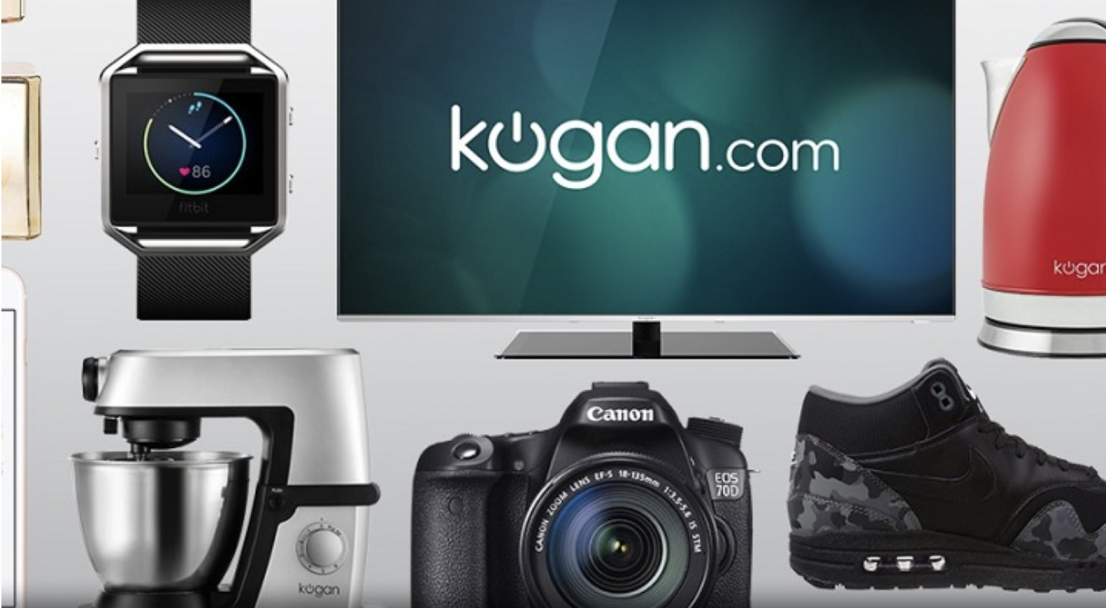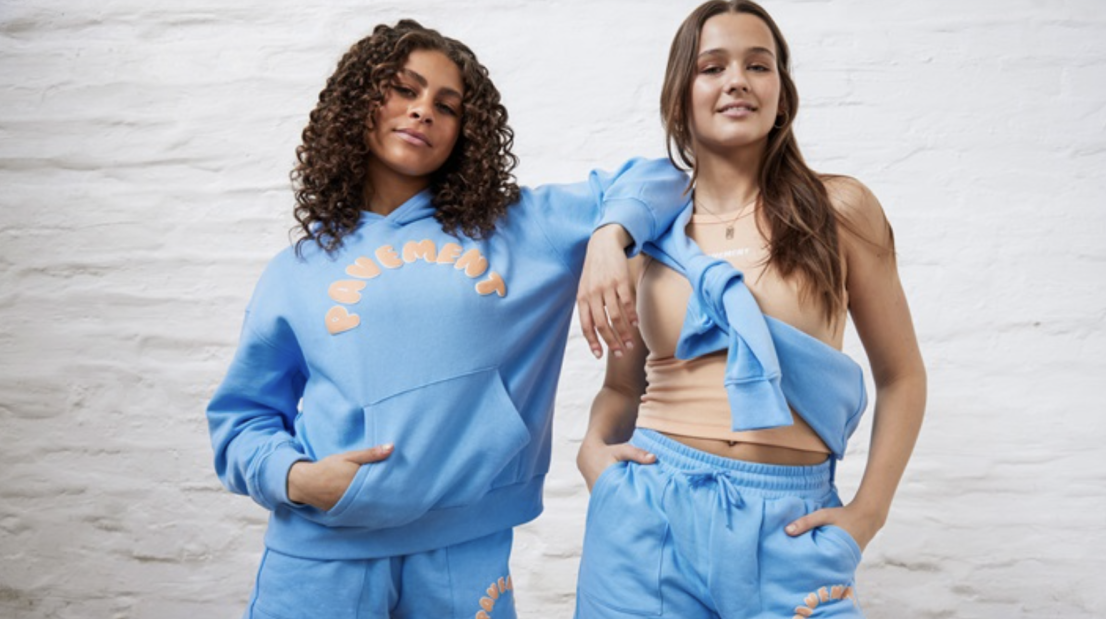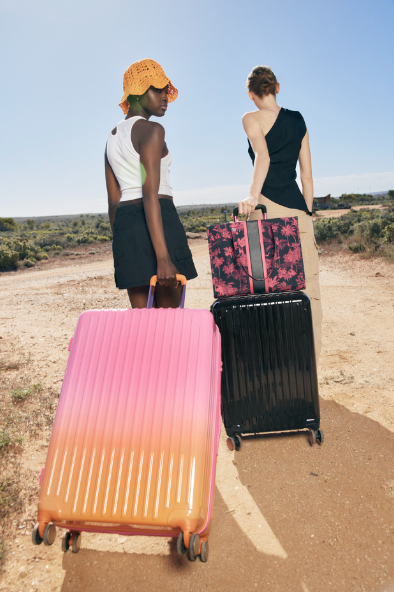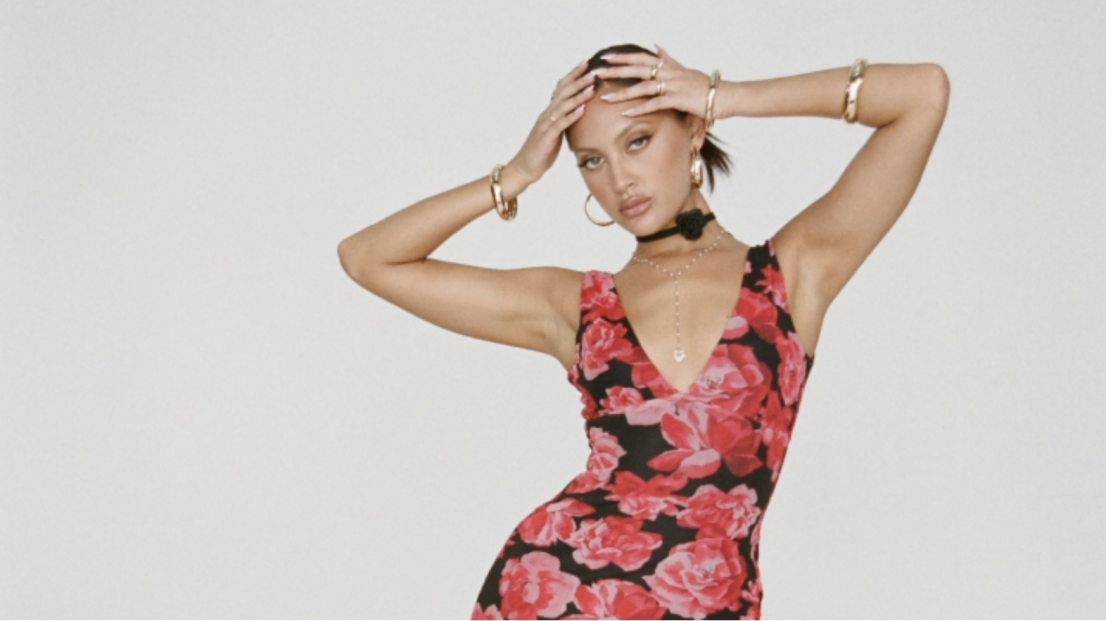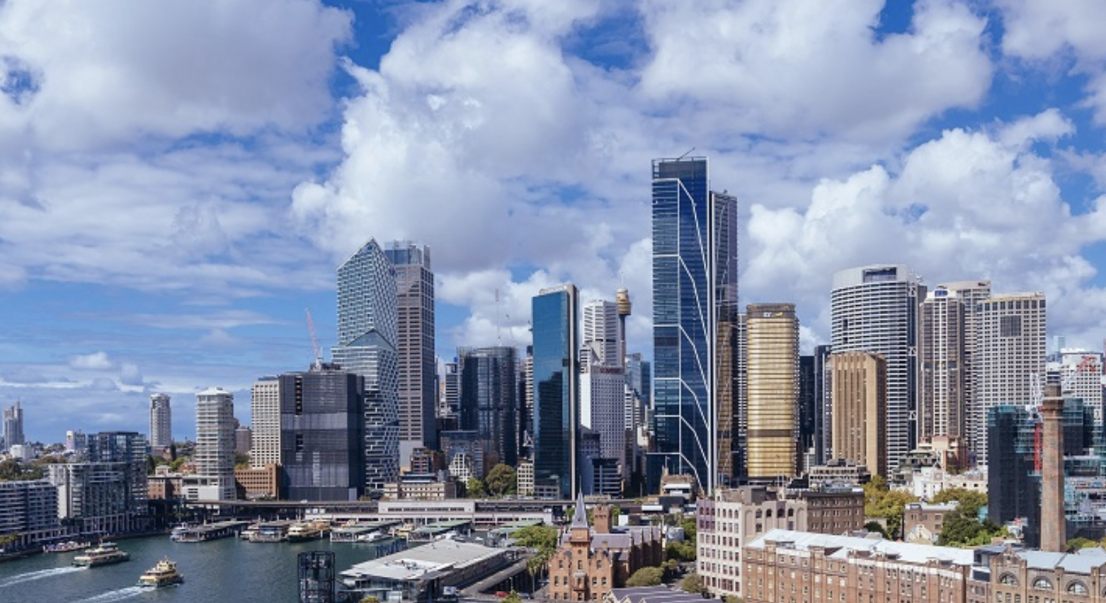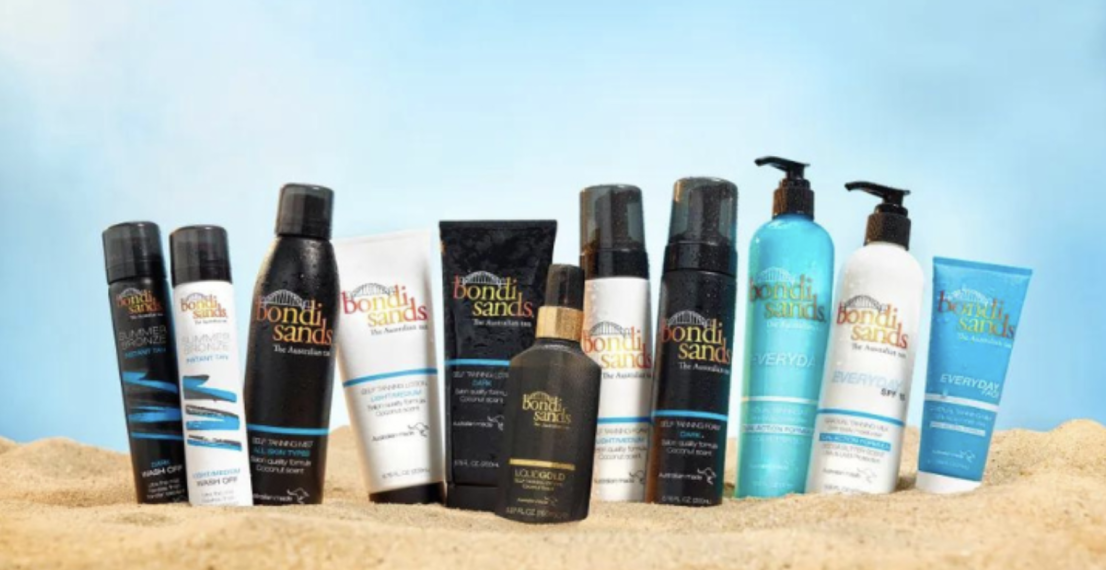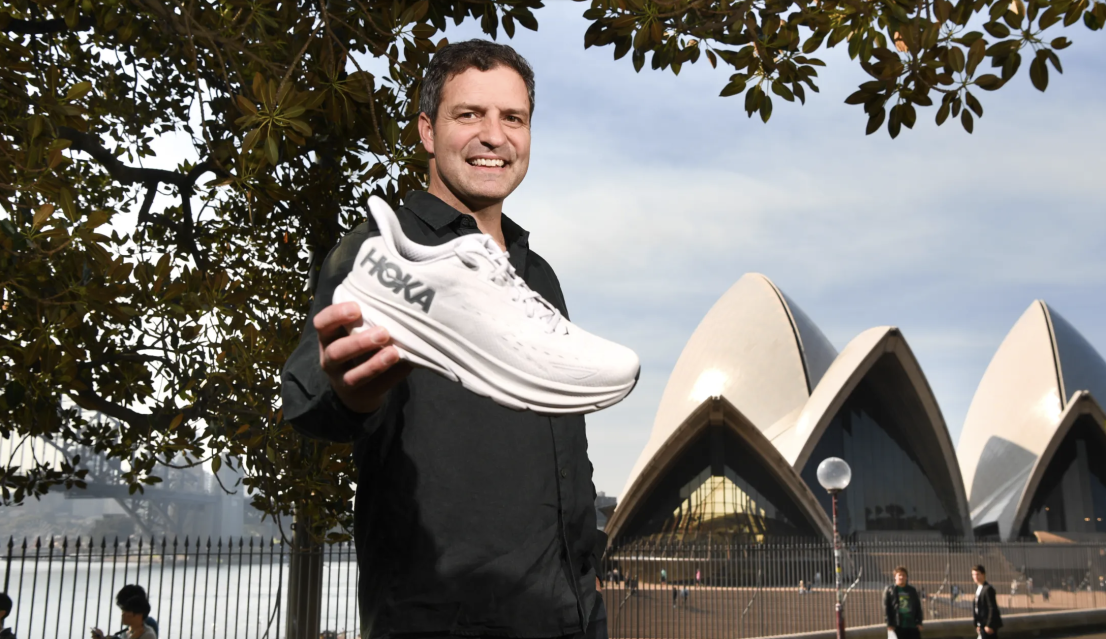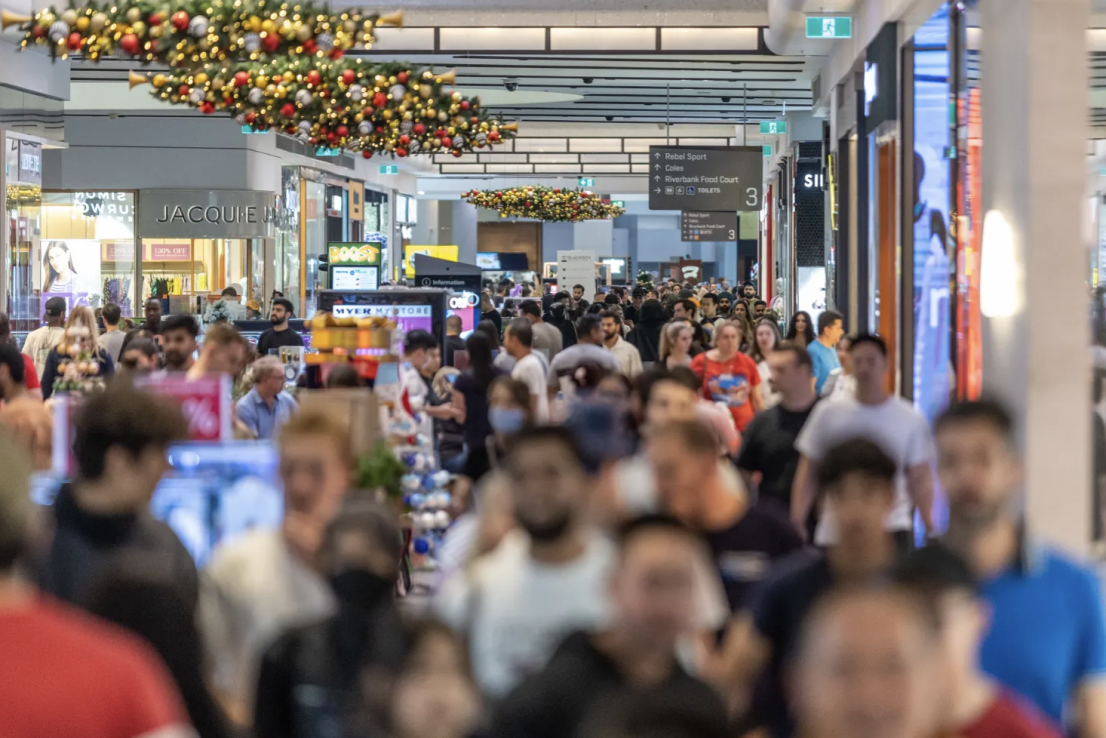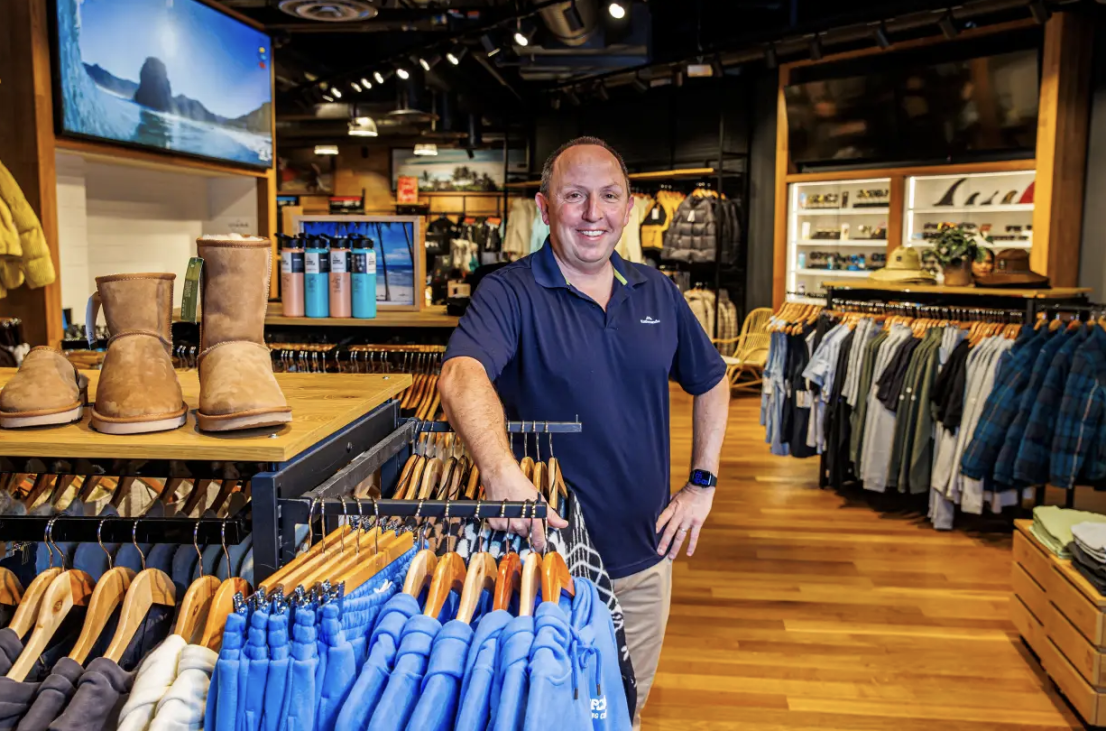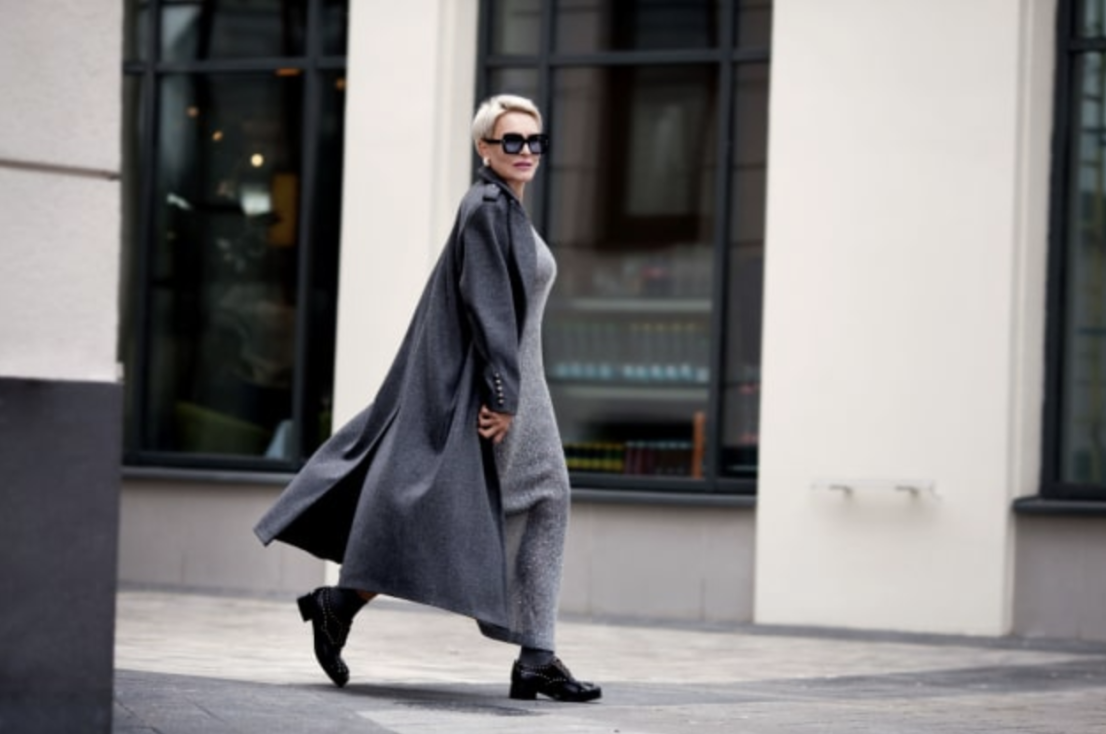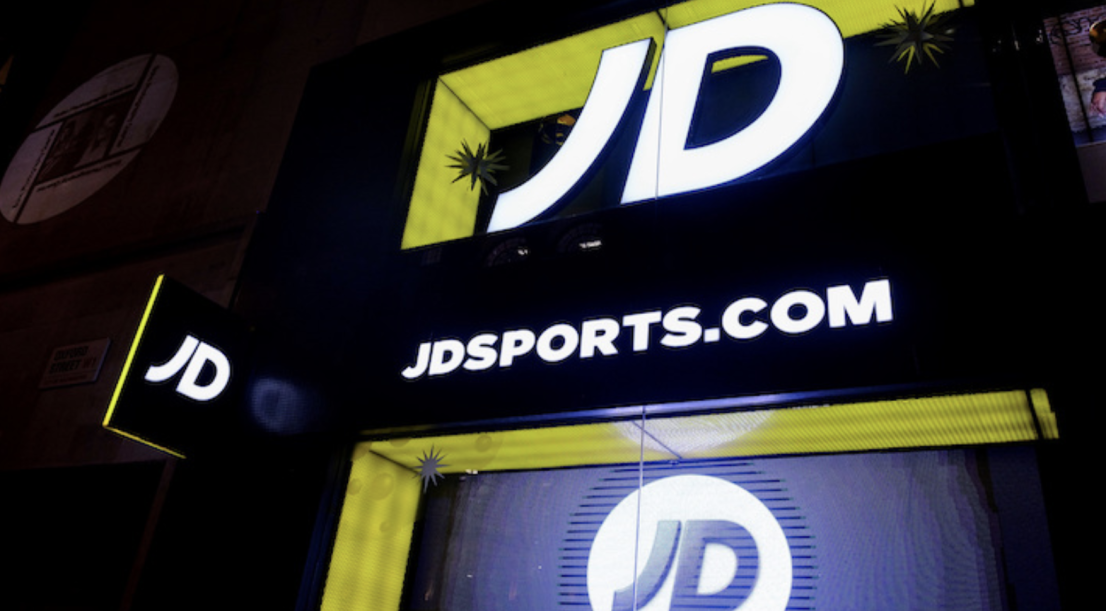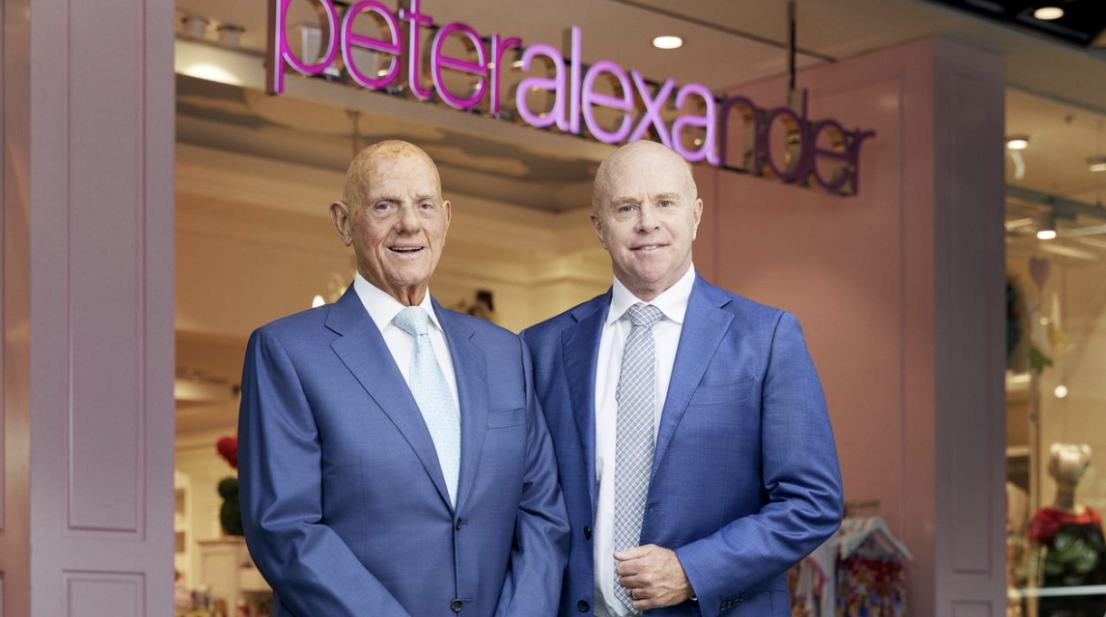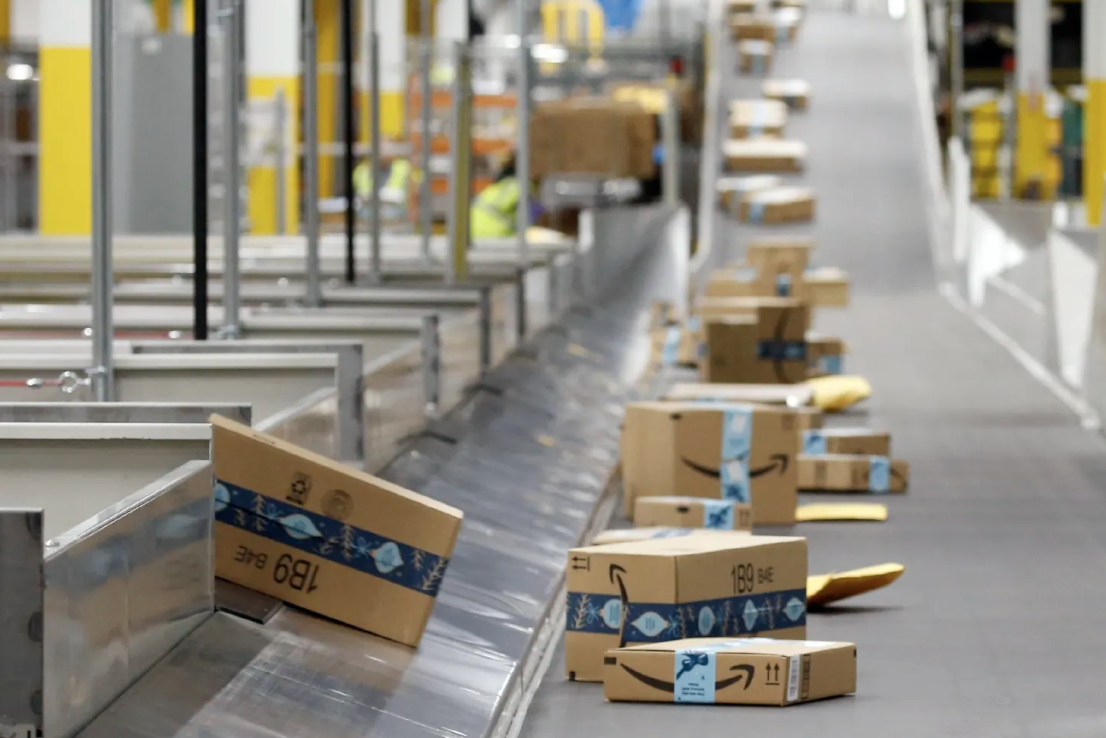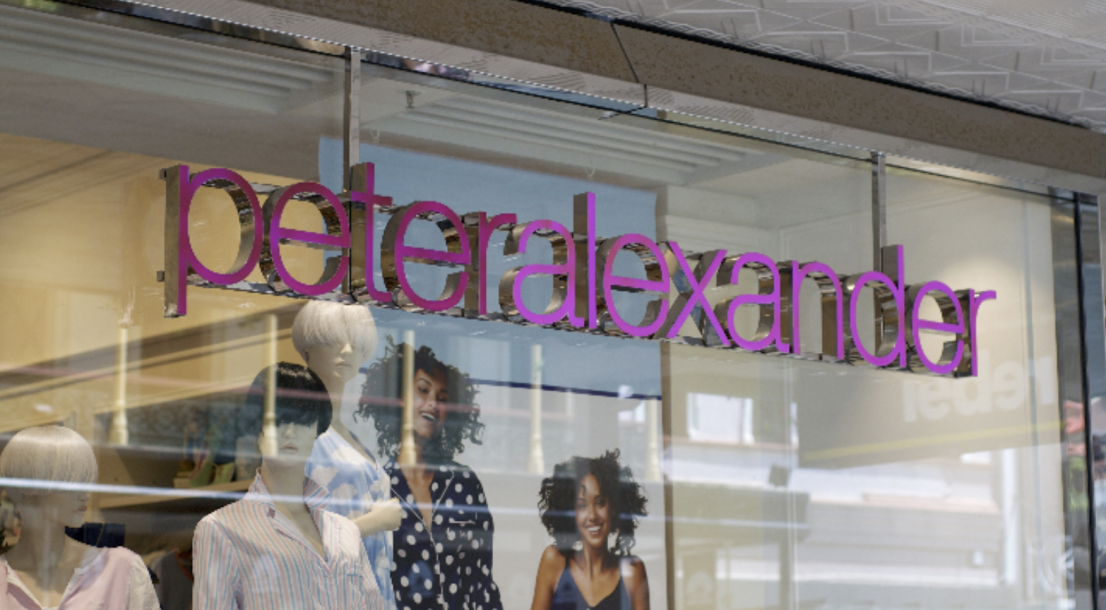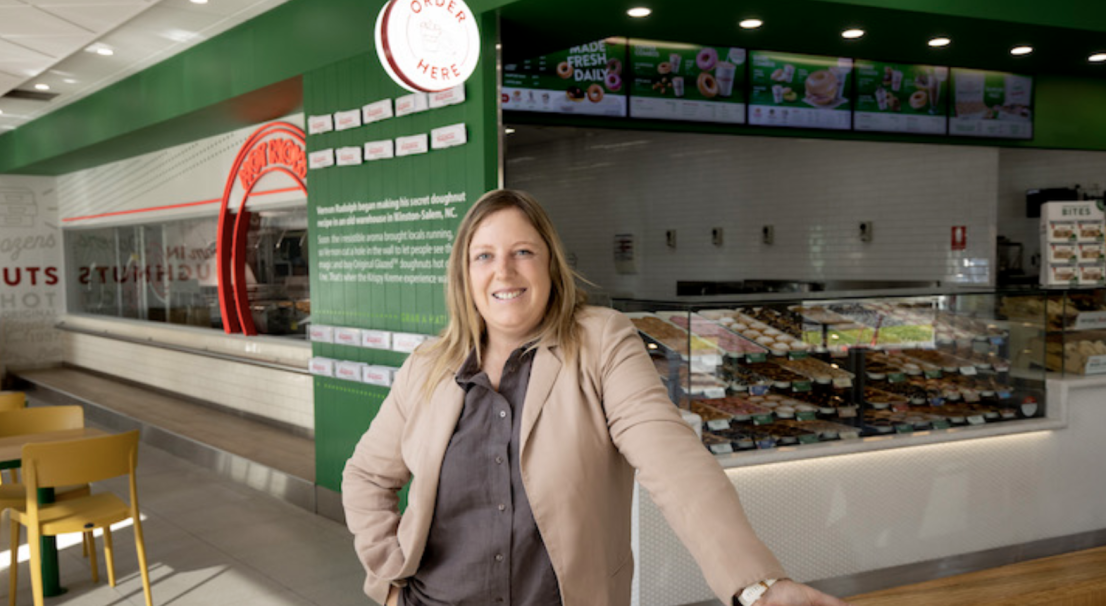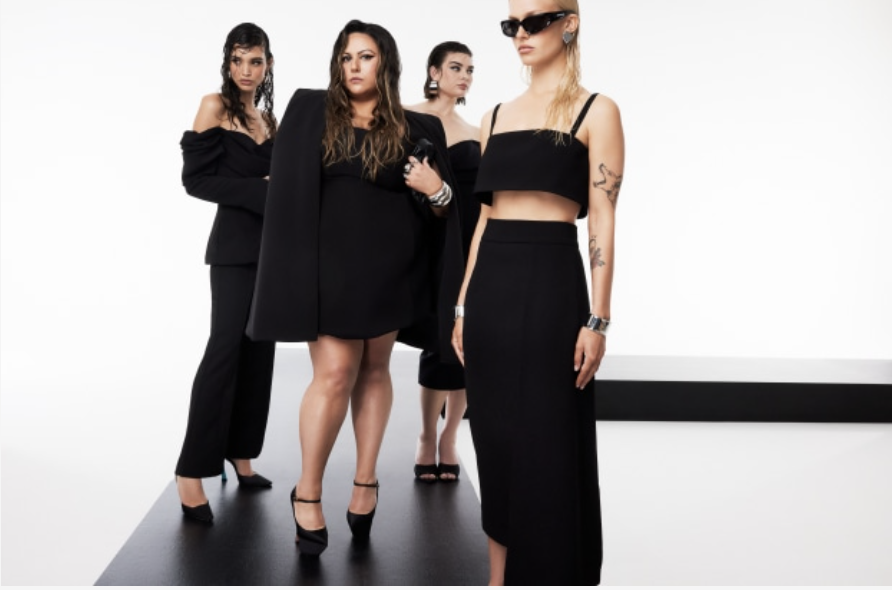
Sheike has partnered with Australian fashion designer Mariam Seddiq to launch a limited-edition capsule collection.
The 16-style collection features a range of eveningwear garments that took around seven months to complete. It is currently sold online at Sheike, with curated ranges in 16 stores and three stores offering the entire range.
According to Seddiq, it is the first time Sheike has done a collaboration with an Australian designer.
“They initially asked me in October last year,” Seddiq said. “So it's been a long time coming, but we didn't actually start anything until late February. I designed the collection, and then we had a meeting, and then away they went.”
As part of the process, Seddiq requested Sheike to include sizes 18 and 20 for the range.
“I've just taken all my knowledge from every single body shape that I've worked with, and mixed it up and put it in this collection,” she said. “Because the thinnest woman and the curviest woman will have similar insecurities. My job is to make them confident and just hide those bits strategically and just make them feel more sexy.
Sheike head of design Marie Ektoras said conversations on collaborating with an Australian designer have always circled the business. She said the Seddiq collaboration had a freestyle approach without the restrictions to corporate guidelines.
“It feels like a more creatively authentic process,” Ektoras said. “We wanted to include Mariam’s signature silhouettes that her devoted clients love. We’ve injected colour to keep it fun whilst also offering a sleek, moodier vibe.
“It was also important to Mariam to include a size 20 and we too saw this as an opportunity to broaden our size curve.”
Seddiq said the design process with Sheike was a completely different model to how she designs her own collections.
“We don't cut until the order is placed,” she said. “And depending on if it's ready-to-wear or custom - like made-to-measure - they would get a ready to wear piece and we'd cut it to their size, and that is like a two week to a month turnaround, depending on what it is. Then there's custom, so they'd have fittings, and that is longer. So that would be equivalent to the Sheike production time.
“But, in saying that, we've made pieces for celebrities in a day."
The designer praised the collaboration process with Sheike, noting the similarities between both enterprises.
“I'm going to miss going into their offices, because everyone's super professional, but they're also fun. We have fun when we do stuff, but we're also quite prompt as well.
“It didn't feel like work. I didn't have to compromise anything. They just loved everything I created.
“The hardest part was to cull the designs, because it's not entirely my show. It needed to be a capsule collection, rather than… you know how I do the 42 looks for Fashion Week?”
Ektoras said Sheike has another collaboration in the pipeline that will be launched at the beginning of next year.


